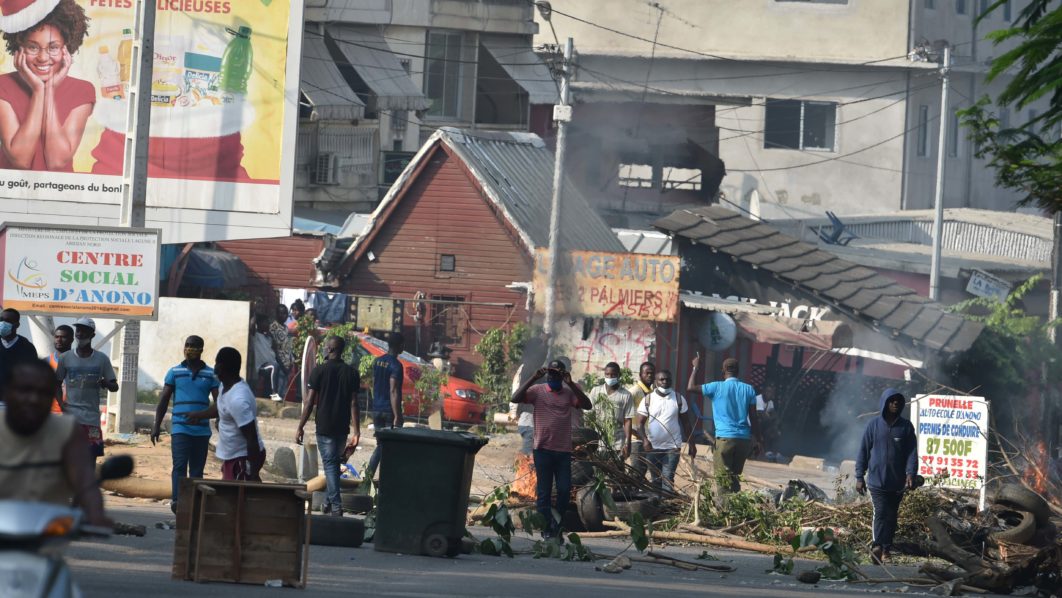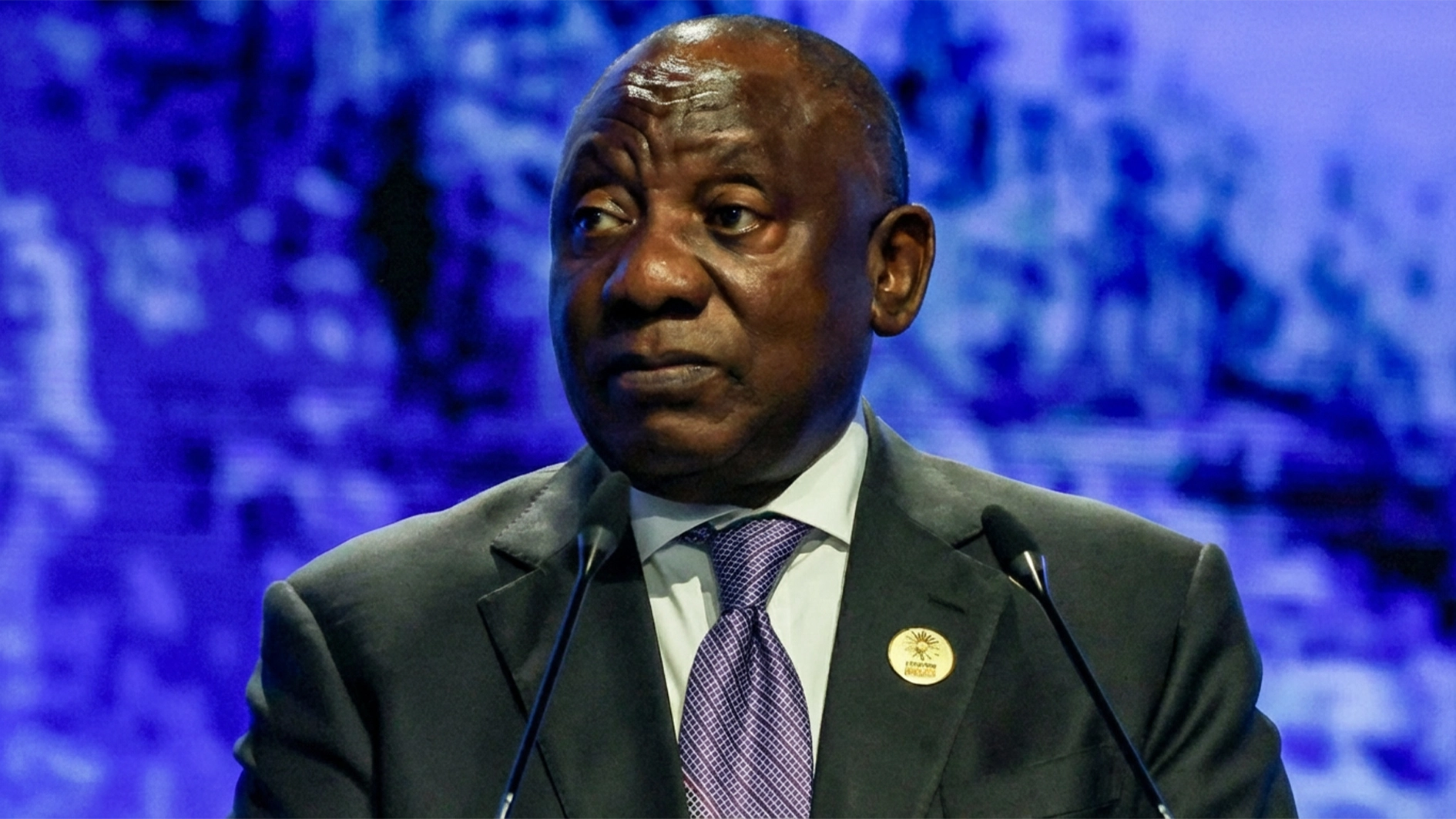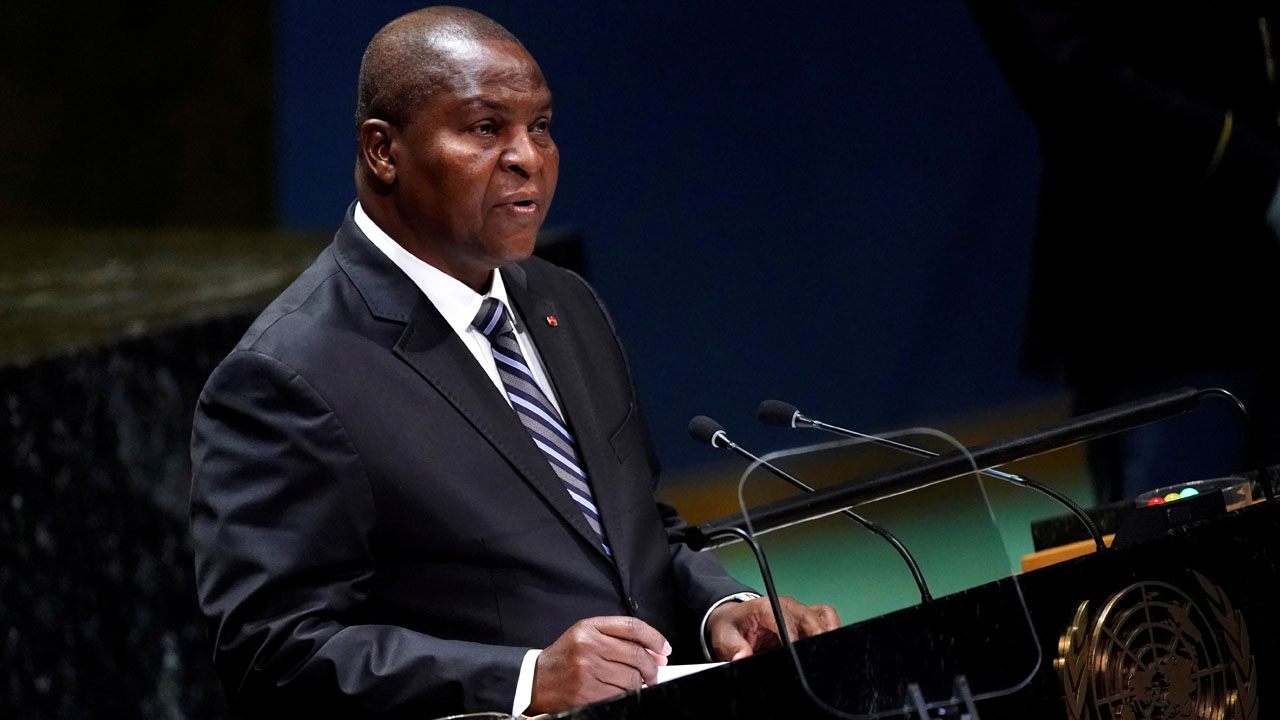
At least four people have been killed in clashes in Ivory Coast as hundreds have taken to the streets following President Alassane Ouattara’s decision to run for a third term this October, sources said on Thursday.
At least three people were killed on Wednesday in the central town of Daoukro in clashes between Ouattara supporters and backers of rival candidate Henri Konan Bedie, a security source and witnesses said.
On Thursday, an 18-year-old died in the southeastern town of Bonoua, 50 kilometres (30 miles) from the economic hub Abidjan in violence between demonstrators and security forces, said local mayor Jean-Paul Amethier.
“The police station in Bonoua has been ransacked by angry demonstrators, and the police chief and officers have taken refuge in the courtyard,” local resident Herve Niamkey said.
In Abidjan, scattered groups of demonstrators built barricades and burnt tyres in response to a call from the opposition and civil society groups, AFP journalists saw.
“His candidacy is against the constitution — we don’t want a third term,” said protester Herve Seka in Anono district.
In the district of Yopougon, police fired teargas and chased protesters down narrow streets.
Several dozen protesters gathered in Port Bouet, a seaside area of Abidjan, while a heavy deployment of riot police maintained order in the upscale district of Cocody, where many politicians live, including Ouattara.
The government announced a ban on protests late on Wednesday in a communique read on state television.
Despite the violence, Ouattara’s Houphouetist Rally for Democracy and Peace (RHDP) party announced that he would be formally nominated as its candidate at a big rally in Abidjan on August 22.
A party stalwart, Adama Bictogo, added that the party would demand that the government be held to account for the deaths in Bonoua.
Ouattara, 78, announced a week ago that he would contest the October 31 presidential elections, a move that came after his anointed successor Prime Minister Amadou Gon Coulibaly died of a heart attack.
The announcement sparked fury among Ouattara’s critics, as he has already served two terms and can only contest a third by arguing that a constitutional change entitles him to reset the clock.
The vote is taking place in a country still scarred by a low-level civil war that erupted in 2011 when former strongman Laurent Gbagbo refused to cede power to Ouattara after losing elections.
The ensuing unrest claimed some 3,000 lives and split the country along north-south lines.
Challengers lining up
Daoukro is a stronghold of supporters of Bedie, an 86-year-old former president who last month was endorsed by the Democratic Party of the Ivory Coast (PDCI) as its candidate for the election and has called Ouattara’s candidacy “illegal”.
Another candidate is former foreign minister Marcel Amon-Tanoh, 68, who does not yet have the backing of a party.
Gbagbo’s party, the Ivorian Popular Front (FPI), has yet to name a candidate. Gbagbo was cleared of crimes against humanity last year by the International Criminal Court, although prosecutors are appealing the ruling.
Former rebel chief and ex-premier Guillaume Soro, 47, has said he will contest the vote, but he lives in self-imposed exile in France.
Soro has been sentenced in absentia to a 20-year jail term in Ivory Coast on charges of attempted insurrection.






